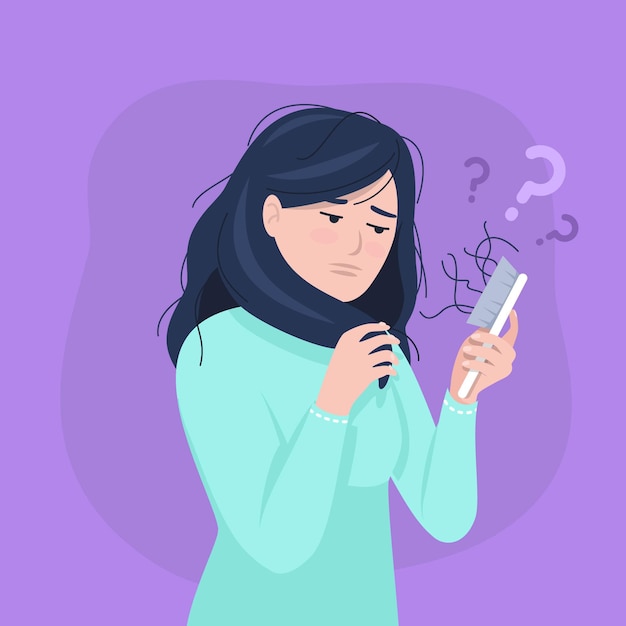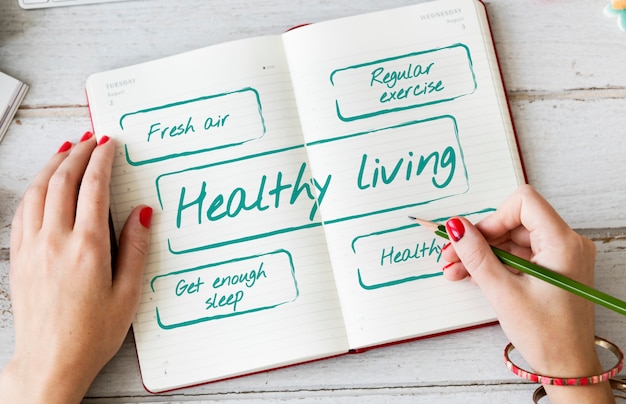
Losing your hair can make you feel bad and it’s only getting more common these days. So, what’s behind it? Well, it’s not as simple as you might think. Hair loss can knock your confidence and might even make you feel depressed. Sometimes, it could also be a sign of other health issues.
I bet you’re always on the lookout for a solution. But, have you ever stopped to think about why it’s happening in the first place? Knowing what’s causing your hair to fall out can help you take steps to stop it. So, let’s dive into the top 5 culprits behind hair loss, how to spot them, and what you can do about them:
1. Poor Blood Flow in the Scalp
Your body runs on good blood flow. And the same goes for your scalp! For your hair to grow strong and healthy, it needs a solid supply of blood carrying tiny building blocks called micronutrients and amino acids.
Proteins called collagen and keratin, which make your hair strong and shiny, are chock full of these building blocks. They get to your scalp through the blood. If your scalp isn’t getting enough blood, these proteins can’t get to your hair, causing it to fall out.
What affects blood flow? Things like pollution, too much smoking, and a bad diet can lower blood flow to your scalp, leading to hair loss. But, it’s not all doom and gloom! Cutting down on smoking, spending more time in clean air, and having a balanced diet can make a difference.
Bonus tip: Yoga and massages can boost blood flow in your body. For instance, poses where your head’s down (like a headstand) and regular head massages can pump more blood to your scalp. Plus, they’re pretty relaxing!
2. Hormonal Imbalance
Hair loss isn’t always because of what’s outside your body. Sometimes, hormonal changes inside your body could be the culprit.
For example, an enzyme in your body changes the hormone testosterone into dihydrotestosterone (DHT). For some folks who are more likely to lose hair, DHT makes their hair follicles smaller, leading to thinner, shorter hair. Men tend to have more testosterone, so they’re more likely to lose hair because of DHT.
There are treatments like medication and hair transplants that can help. However, problems with your thyroid gland like hypothyroidism can also cause hair loss, so it’s best to treat these underlying issues first.
3. Stress And Anxiety
We often downplay this, but it’s true: too much stress and anxiety can lead to a lot of hair loss. Your body can handle short-term stress. But when you’re stressed out all the time, it can really affect your health, including hair loss.
Long-term stress can mess with your hormone levels, which can produce thinner hair follicles. That’s why it’s so important to keep stress in check. Methods like yoga, meditation, and reading can help you relax and reduce stress levels.
4. Unhealthy Diet
If you think eating junk food only hurts your body, think again! Your hair needs good food to grow, just like the rest of your body.
Check if your diet has all the good stuff – proteins, vitamins, fiber, carbs and amino acids. Adding fruits, vegetables, whole grains, pulses, meat, dairy and nuts to your meals can help your hair stay strong and healthy.
5. Bad Hair Care
Even if you do everything right, bad hair care habits can still lead to hair loss.
Treat your hair better by giving your head regular massages with natural oils – this can help boost blood flow and relieve stress. Avoid washing your hair with hot water as it can harm weak hair follicles and dry out your scalp.
Look for products with Aloe Vera – it helps break down the build-up on your scalp caused by hair products, pollution, and dead skin cells. Also, keep your scalp away from harsh sun and heat to avoid damage.
Just remember, losing your hair can be tough – but understanding what’s causing it is an important first step towards fighting back!









